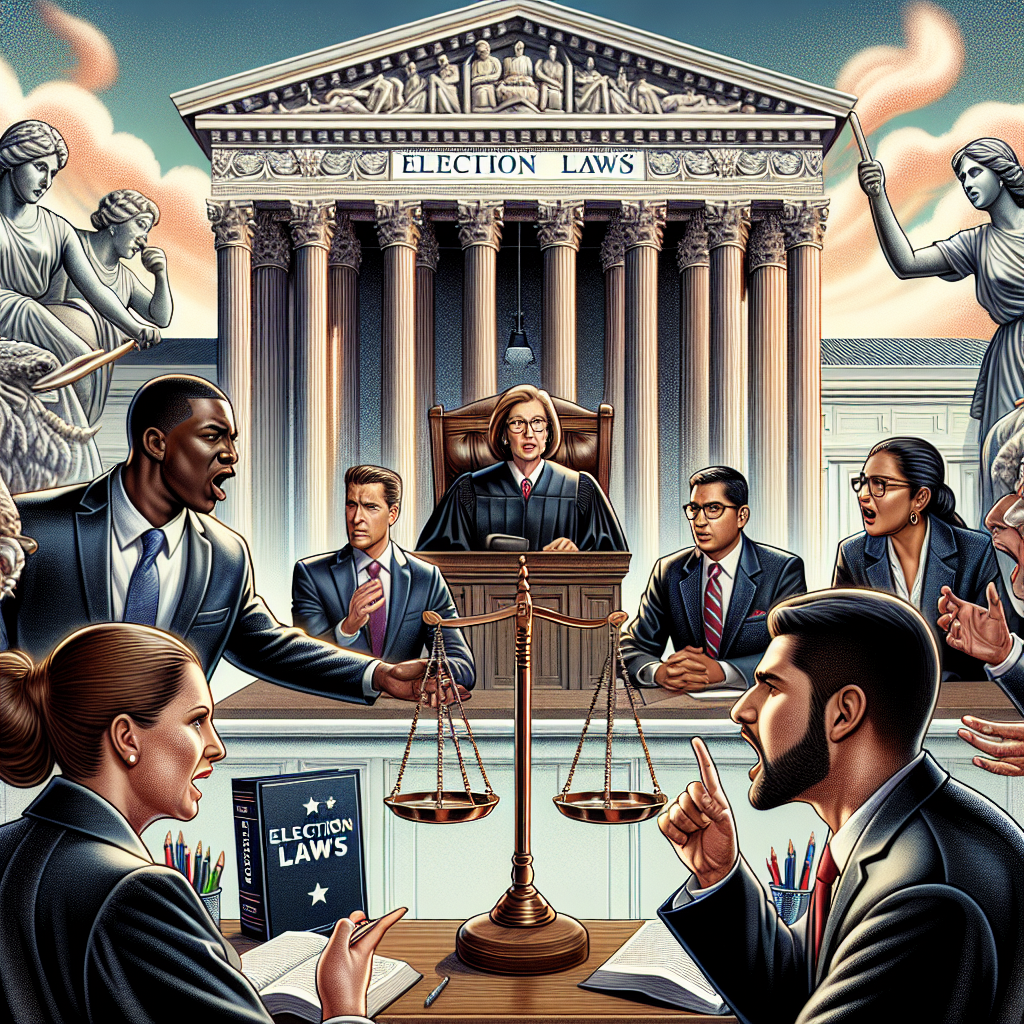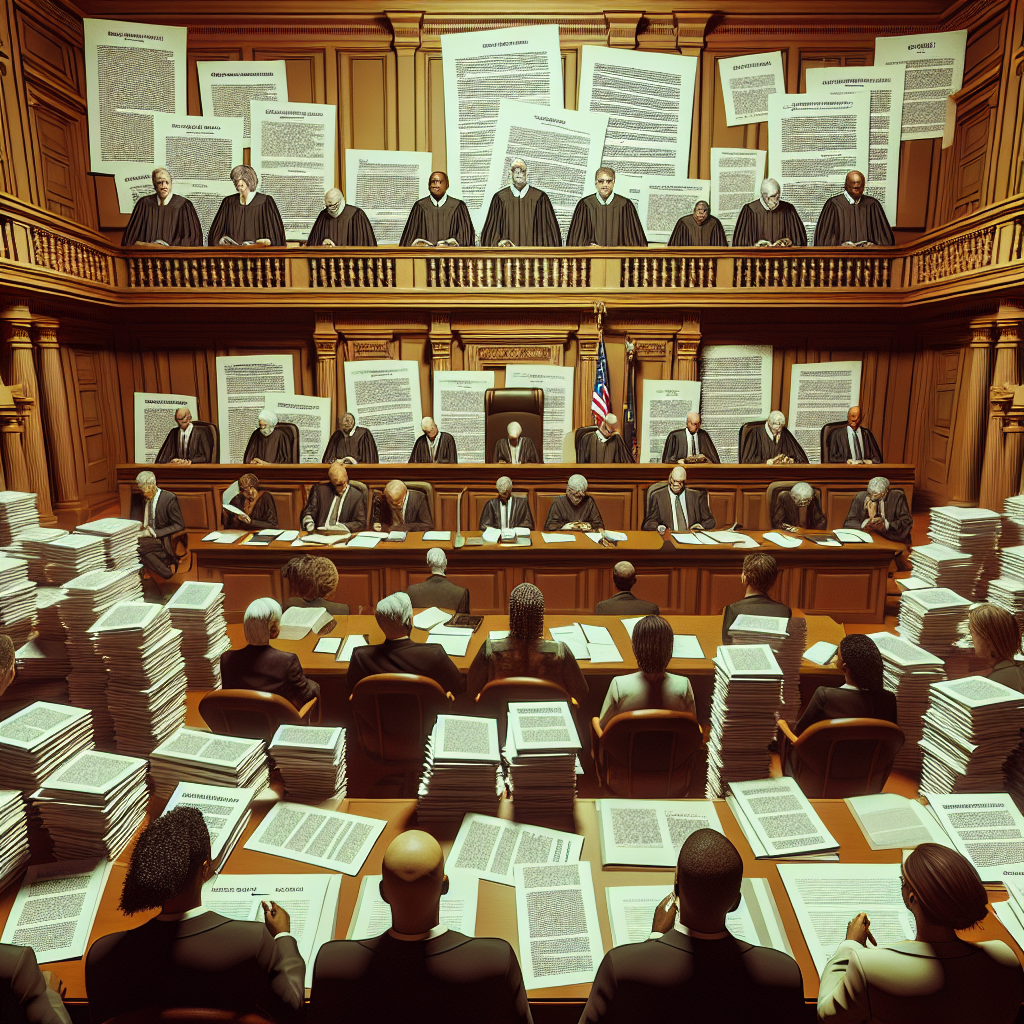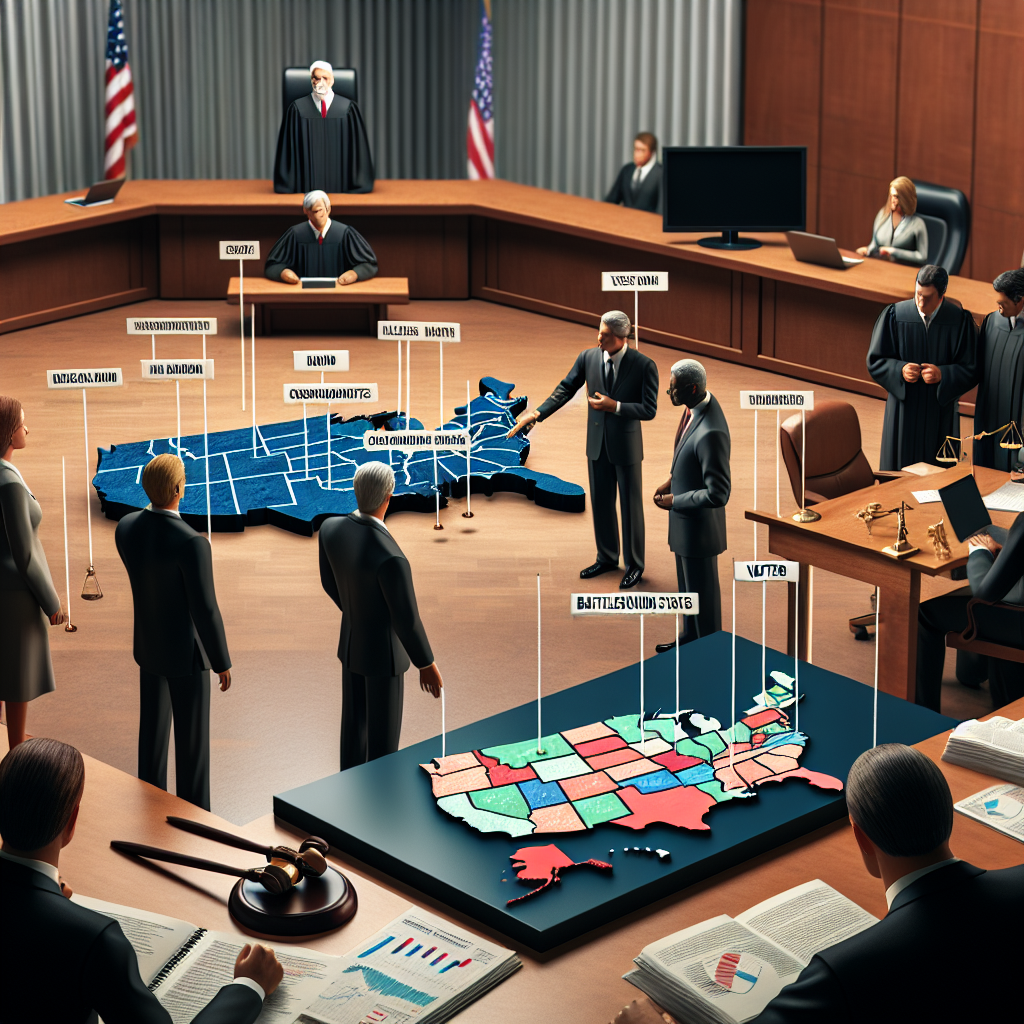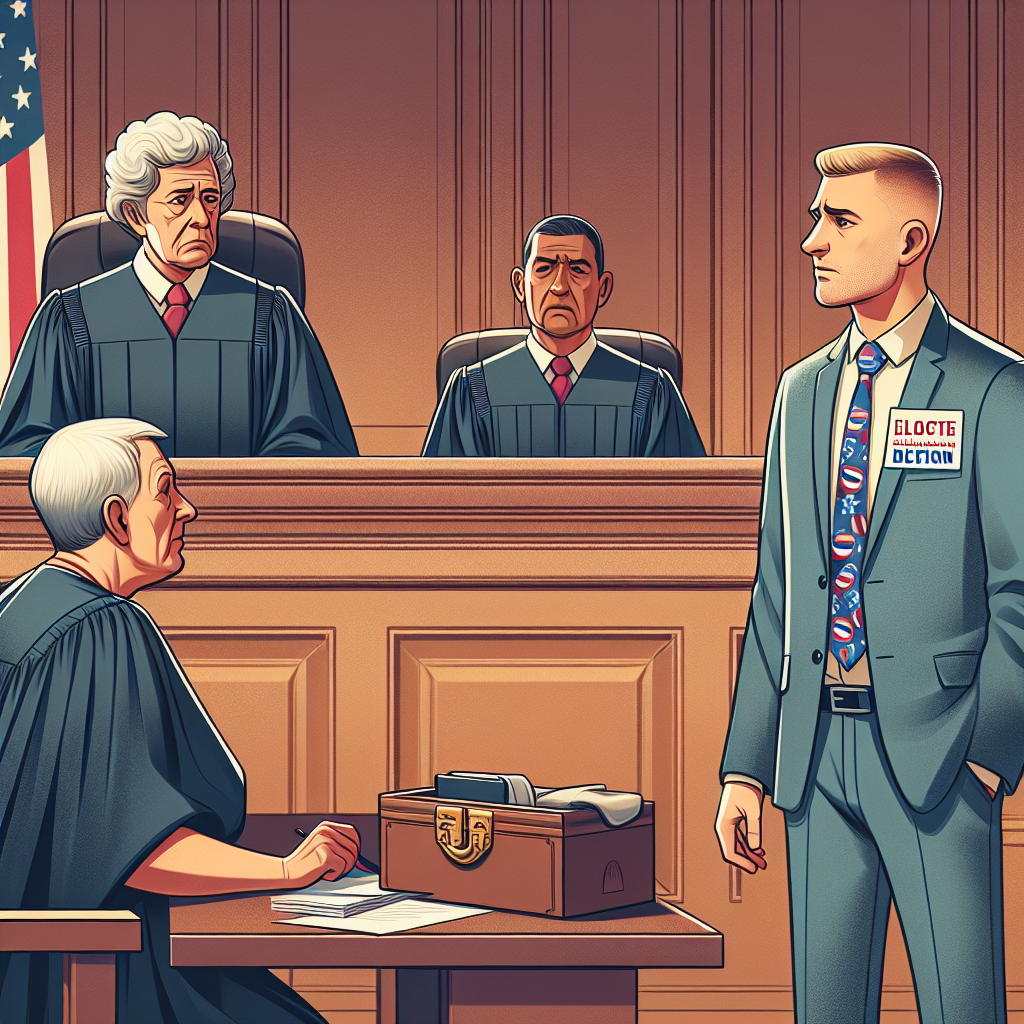The dynamics of election law in the United States have undergone significant transformations, influenced by various social, political, and judicial factors. The Supreme Court serves as a critical arbiter in interpreting election laws, often making decisions that can reshape the electoral landscape. This article explores the historical context of election law challenges, key Supreme Court cases that have defined its parameters, the implications of recent rulings for future electoral regulations, and the intersection of public opinion with judicial decisions in electoral matters.
Understanding the Historical Context of Election Law Challenges
Election law in the United States has evolved significantly since the country’s founding, shaped by key constitutional amendments and landmark legislation. The Voting Rights Act of 1965 was a watershed moment that aimed to eliminate racial discrimination in voting. However, the historical context of election law challenges extends beyond this landmark legislation, encompassing various struggles for suffrage, including the women’s suffrage movement and the ongoing fight against voter suppression. These historical milestones underscore the ongoing tensions between the quest for electoral equity and attempts to regulate voting practices.
The Supreme Court’s role has been pivotal in interpreting the Constitution and federal laws concerning elections. Landmark decisions, such as Bush v. Gore (2000), highlighted how judicial intervention can directly influence electoral outcomes and the legitimacy of electoral processes. Moreover, the Court’s rulings often reflect broader societal values and political climates, making election law a continually evolving field sensitive to historical currents. As scholars analyze these changes, they emphasize the importance of understanding the socio-political context to fully grasp the implications of judicial interpretations.
As technology and voter demographics transform the electoral landscape, new challenges arise, including questions around mail-in voting, voter ID laws, and the influence of campaign financing. Each of these issues has historical roots and contemporary relevance, highlighting the complexities of election law and the ongoing challenges that arise when balancing access to voting with integrity and security. Thus, understanding the historical context is crucial for anticipating future judicial decisions and legislative initiatives.
Key Supreme Court Cases Shaping Election Law Interpretations
Several key Supreme Court cases have profoundly influenced the interpretation of election law in the United States. One notable case is Shelby County v. Holder (2013), which invalidated a key provision of the Voting Rights Act, effectively weakening federal oversight of state voting laws. The Court held that the formula used to determine which jurisdictions were subject to preclearance was outdated and unconstitutional. This ruling has led to a wave of state-level laws perceived as voter suppression tactics, prompting further legal challenges.
Another critical case is Citizens United v. Federal Election Commission (2010), which expanded the scope of free speech in the context of campaign financing. By ruling that corporations and unions could spend unlimited amounts of money on political advertising, the decision drastically altered the landscape of campaign financing and raised concerns about the potential for corruption and the influence of money in politics. These rulings underscore the Court’s capacity to shape electoral processes and set precedents that reverberate through subsequent legislation and judicial decisions.
Additionally, Brnovich v. Democratic National Committee (2021) has further complicated the legal landscape surrounding election law. The Court upheld Arizona’s voting restrictions, ruling that they did not violate the Voting Rights Act. This decision exemplifies the ongoing debate about the balance between election integrity and access to the ballot. As these landmark cases accumulate, they create a complex web of legal precedents that future courts will navigate, demonstrating the Supreme Court’s influential role in shaping election law.
Impacts of Recent Rulings on Future Electoral Regulations
Recent rulings by the Supreme Court have significant ramifications for future electoral regulations and the broader electoral landscape. The implications of decisions like Shelby County v. Holder have already been felt, as numerous states have enacted stricter voting laws, arguing for the necessity of safeguarding election integrity. These developments raise questions about the balance between reducing voter fraud and ensuring equitable access to the ballot, reflecting a broader national debate about electoral fairness.
The Citizens United ruling has also altered the campaign finance landscape, enabling unprecedented spending by external groups in elections. This shift has implications for candidates seeking office, as they must now navigate a political environment heavily influenced by major donors and special interest groups. The influx of money into politics raises concerns about the potential marginalization of grassroots campaigns and smaller candidates, prompting discussions about how to regulate campaign financing effectively.
Moreover, the ongoing legal battles stemming from these rulings indicate that the interpretation of election law will continue to evolve. As states respond to the Court’s decisions with new laws, the cycle of litigation is likely to persist. The Supreme Court’s willingness to engage with these issues suggests that future cases will further define the boundaries of election law, impacting everything from voter ID requirements to mail-in voting protocols. The consequences of these rulings will resonate for years, shaping the electoral landscape in profound ways.
The Role of Public Opinion in Supreme Court Decisions on Elections
Public opinion plays a crucial role in shaping Supreme Court decisions concerning election law, as justices are acutely aware of the social context in which they operate. This awareness is particularly pertinent in high-stakes cases where the public is actively engaged in debates about voting rights, campaign finance, and electoral integrity. Justices often rely on public sentiment to gauge the potential impact of their rulings, knowing that decisions can provoke significant political backlash or support.
Furthermore, the intersection of public opinion and judicial decision-making is evident in how justices interpret the Constitution and federal laws. For instance, as societal norms regarding voting rights and equity evolve, justices may be influenced by prevailing attitudes toward these issues. This dynamic reflects a broader trend in which the Court is not only a legal body but also a responsive institution that must consider the societal implications of its rulings. As public advocacy and activism shape the electoral discourse, the Court’s decisions may become increasingly aligned with the prevailing public sentiments.
However, the relationship between public opinion and Supreme Court rulings is not always straightforward. While justices may take public sentiment into account, they also operate within a framework of legal principles and constitutional interpretations that may at times conflict with popular opinion. This tension can lead to controversial rulings that provoke societal debate and mobilize public opinion, further highlighting the complex interplay between judicial authority and democratic values. As electoral issues remain at the forefront of national discourse, the Court’s decisions will likely continue to reflect and respond to the dynamics of public opinion.
As we continue to witness the evolving landscape of election law in the United States, the interplay between historical context, judicial interpretations, and public sentiment remains crucial. The Supreme Court’s decisions have profound implications for future electoral regulations, shaping the mechanisms of democracy and the rights of voters. Understanding these dynamics is essential for anyone engaged in the discourse surrounding electoral integrity and access, as the stakes of every ruling are not just legal—they are fundamentally political and social. As we move forward, the ongoing dialogue between the judiciary and the public will play a pivotal role in defining the future of election law in America. For further exploration, consider reading about the implications of voter ID laws, the impact of campaign finance reform, and the historical significance of the Voting Rights Act in shaping electoral policies.



